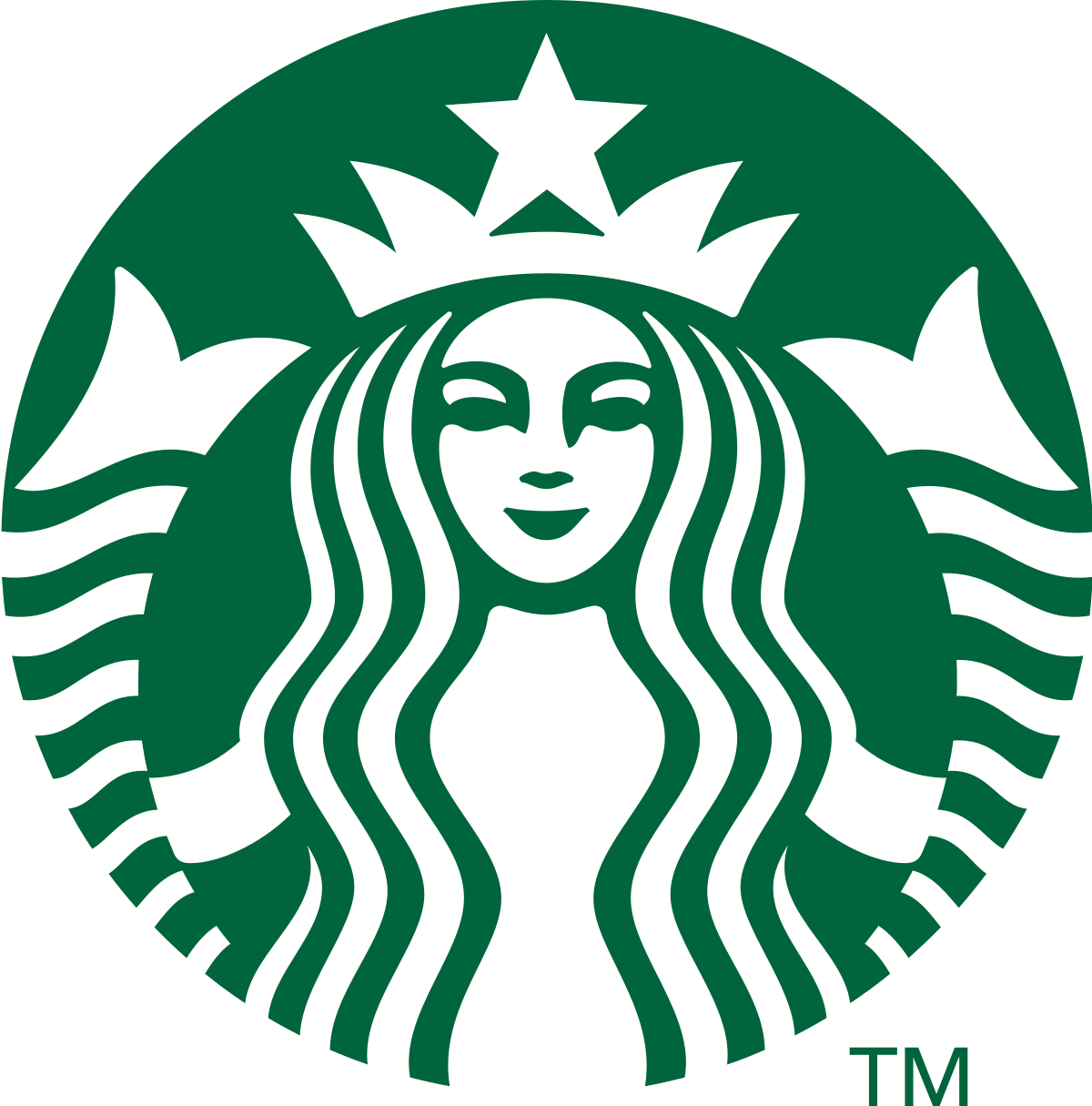This article is a response based on the series of spirited debates over this article on the Dr Wealth website :
https://www.drwealth.com/how-to-save-money-in-singapore/
I thought I should share a few insights on this issue because at least one guy on the BIGS FB group has threatened to stop reading Dr Wealth for good, and I am working to contribute an article myself sometime next week and don't want to lose fans when I start.
For a start, Starbucks has become some kind of whipping boy by personal finance experts thanks to David Bach who came out with the concept known as The Latte Factor. After a while, as an occasional customer of Starbucks, I think that personal finance experts misrepresent Starbucks selling proposition. Starbucks is selling a new kind of space that is neither home nor the office. By paying the price of a latte, you get to park yourself there and use their wifi. Part B Law students typically hang out at Starbucks to go through their tutorial notes before an evening lesson in a law firm. So the $7 you spend is more than merely a cup of coffee, you are buying a place to work. If company employees want a more informal meeting area to discuss matters, sometimes Starbucks is the only choice.
Putting that aside, I think some Singapore statistics would be helpful to resolve the technical issues of the debate.
A median salary of an individual in Singapore is not too high. The median income per individual is $2,699 in 2017. This is merely $2,306 after adjusting for employer's contribution to CPF. Take home pay after CPF is only $1,844.
If we divide a household expenses of $4,699 by the number of members of the household, we get a rough estimate of the expenses of an individual which is about $1,400. These numbers are date so we adjust by inflation to get about $1,430.
This means that the average Joe in Singapore can save about $400 a month or 21% of take home pay - not bad given that books from the US typically encourage a person to save only 10% of income.
I think the major sticking point of the article is this : Marcus incorrectly plays down the effects of saving $2,190 in a year. This is actually quite large from standpoint of the average Singaporean, this is almost a 50% increase in savings.
The argument that the extra $87.60 saved every month from the STI ETF is also poorly argued because forgoing Starbucks earns a cumulative $87.60 every year. After two years of denying Starbucks, it becomes an extra $175.20 and you have $4,380 extra money in your portfolio or war-chest. Furthermore, an investor also does not have to limit himself to the STI ETF. For example, a portfolio consisting of equal weights of all REITs can return 10%.
The second half of the article is a contradictory mess.
Marcus goes on to advocate saving 10% and investing 10% of your income, but the median Singaporean seems to be already doing that. If the median income Singaporean can indeed, save $2,190 from forgoing Starbucks, he would be saving close to 30% of his take home pay which puts him in a much better fiscal position than this proven method that Marcus proposes. Of course, I think it would be hard to find someone who spends his 10% of his take home pay on Starbucks coffee.
Instead, I would position a disciplined Singaporean saver as someone who can set aside 30% of his take home pay as a rookie. iI you are, in fact, a Starbuck addict who spends 10% of your take home pay on Frappucinos, it's time to get back to kopitiam kopi or buy an espresso machine.
Right now, I cannot go on to unravel more logical inconsistencies in the article which I'm sure many readers would be able to do so if they read the article a few more times. But I think we should be nice and congratulate Marcus because he succeeded beyond expectations to get folks into a passionate discussion about the need to maintain fiscal discipline. This is only his second writing stint with Dr Wealth.
Please give him a chance.

Starbucks does not only sell Frappucinos. Instead of going back to kopitiam which the kopi nowadays costs 1-3 times more than a capsule of Nespresso, Starbucks do have other diabetic friendly coffee like long black or daily brew which is probably healthier and can pay for the same "working" or "studying" space and time at a lower cost.
ReplyDeleteHi Chris
ReplyDeleteThat writer might be from a higher income bracket and have sample selection bias. Although he might have good intentions, his choice examples are controversial at best.
He is focused in the FIRE narrative rather than rooted to statistical numbers and normalised income levels. He is more of a salesman for Dr wealth than a quantitative analyst. IMHO I
It is very hard to achieve FIRE without proper fiscal discipline, and equally hard to resist the lure of lifestyle inflation.
INTJ,
ReplyDeleteYes, Marcus is hired to market Dr Wealth.
In that aspect, I think he is doing a great job. The rest of the blogosphere will balance out a controversial article.
I can't make this subject interesting even if I tried lah.
Regards
Bad publicity is also great publicity. By inspiring controversy and discussion, I guess Marcus / Dr wealth has achieved the attention / publicity they have been seeking.
Delete